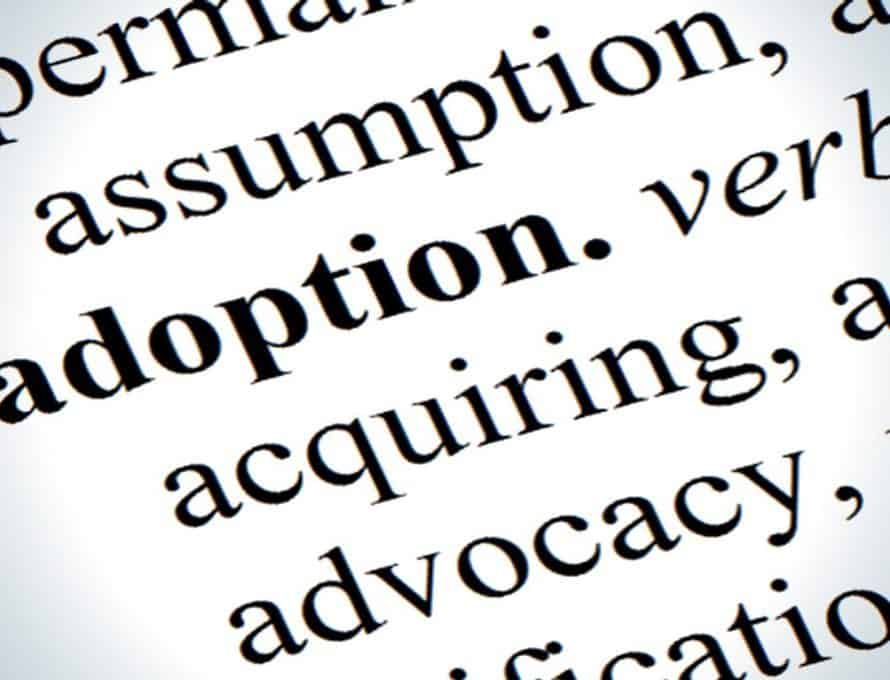WASHINGTON (BP) – Religious exemptions for Christian adoption and foster care agencies are still being challenged litigiously, despite favorable precedent set by the U.S. Supreme Court and district courts, Alliance Defending Freedom (ADF) said, March 22.
In the latest favorable ruling, Catholic Charities West Michigan won the right March 21 in a Michigan federal district court to operate according to its guiding religious principles without government punishment. At issue was the agency’s rejection of foster care placements in LGBTQ-led households.
The Michigan ruling followed the June, 2021, U.S. Supreme Court decision in Fulton v. City of Philadelphia, when the High Court upheld religious protections for Catholic Social Services of Philadelphia.
Jeremiah Galus, an ADF attorney who helped represent Catholic Charities West Michigan, said the issue is still being tested in courts.
“There is ongoing litigation. ADF has ongoing litigation,” Galus said. “What the Supreme Court has said is that all Americans have the freedom to live according to their religious beliefs, and adoption and foster-care providers are no different.”
Southern Baptist ethicist Jason Thacker said the ongoing litigation is evidence of the need for continued advocacy.
“Given the crucial role the Fulton v. City of Philadelphia decision played in this settlement, it is a reminder that we must continue to articulate a pro-life ethic throughout the public square, including the legal sphere,” said Thacker, director of the Research Institute at the Ethics & Religious Liberty Commission of the Southern Baptist Convention. “Religious belief animates every aspect of one’s life and cannot be simply put aside on a whim as the state sought to do here.
“These beliefs should be seen as fueling the mission to serve the most vulnerable among us, not as a liability to be mitigated by the government – especially one that seeks to deny the created realities of marriage and the family.”
Galus referenced active ADF cases in New York and Tennessee.
“The state of New York is insisting that a private adoption provider who takes no money from the state, does not contract with the state, make child adoptive placements that violate its religious beliefs about marriage and the family,” Galus said of New York Family Services v. Poole.
New York “is of course arguing that their policy is different than the policy that the Supreme Court ruled on in Fulton, but we feel confident that in the end,” Galus said, “that the rights of that private adoption provider will be protected.
“And really, that’s a good result, not just for our first freedom – the free exercise of religion – but it’s a good result for children and families who are in the system.”
In Catholic Charities West Michigan v. the Michigan Department of Health and Human Services, MDHHS agreed its regulation would violate the First Amendment rights of Catholic Charities, and also agreed to pay $250,000 to cover Catholic Charities’ legal fees. The Michigan case was very similar to Fulton v. Philadelphia.
“What the Supreme Court said is that the government cannot require a faith-based organization to violate its religious beliefs based on this generalized idea of nondiscrimination.
“The contracts and policies that were at issue in that case (Fulton v. Philadelphia) were purported to prohibit discrimination, but yet it allowed exemptions for a whole host of reasons,” Galus said. “Pretty much any reason the government wanted to give for granting an exemption to that policy, they could. Yet they refused to grant a religious exemption to Catholic Social Services, and that’s what the state of Michigan was doing with Catholic Charities West Michigan.”
The Michigan ruling was the second favorable ruling on the issue this year in Michigan federal court. In January, St. Vincent Catholic Charities won the right to continue to place children in families without approving same-sex couples as parents. The case was Buck v. Gordon.
In the active Tennessee case Galus referenced, Holston United Methodist Home v. Becerra, the agency challenges a U.S. Department of Health and Human Services regulation that requires Holston to abandon its religious principles in adoptions or lose federal funding.

